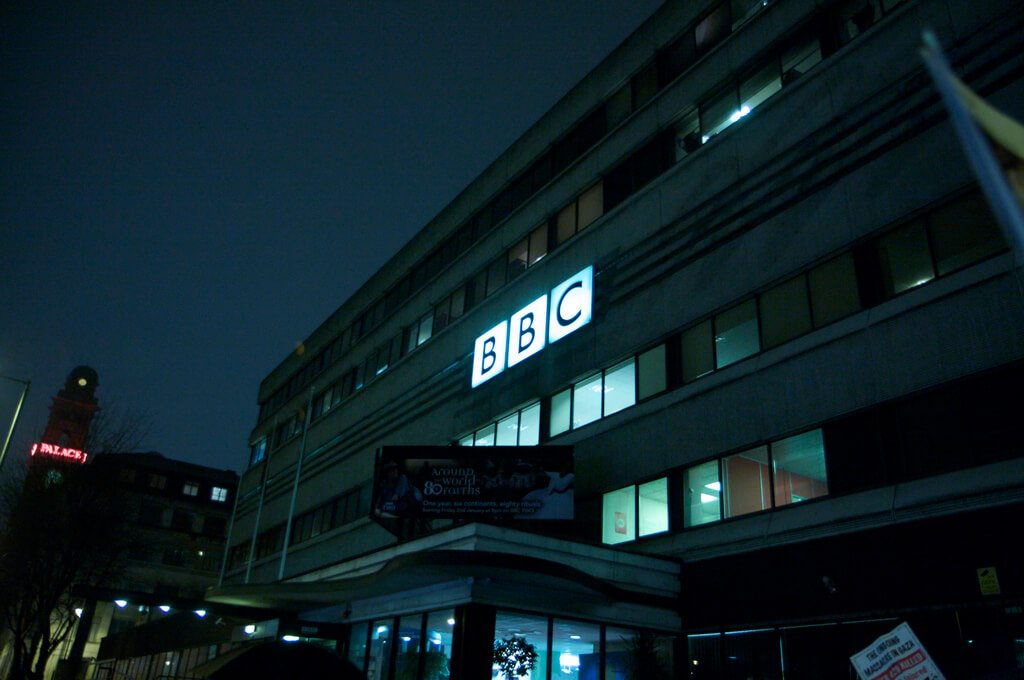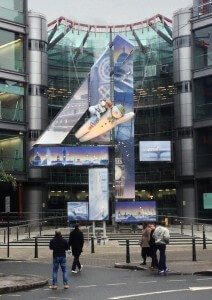Unchartered waters: the changing landscape of television
[dropcap]W[/dropcap]hile 2016 may promise exciting things for our screens, the real action to watch will be happening behind-the-scenes. For two leading UK broadcasters – the BBC and Channel 4 – this year could change everything.
For the BBC, December marks the deadline for the renewal of its Royal Charter.
This is the agreement between the BBC and the Government, which sets out the BBC’s constitution, including its editorial independence and public obligations. The previous Charter came into effect in January 2007.
As John Wittingdale, Secretary of State for Culture, Media and Sport writes in the Public Consultation document published last year: “The last time the Government ran a Charter Review, the media landscape looked very different”
This time around, the BBC will have to take into consideration the integral role that the internet, social media, and on-demand programming have in the modern day.
The BBC licence fee will also be up for reassessment. The Conservative Government and the BBC agreed a six-year licence fee freeze in 2010, setting the price at £145.50 a year. This looks to rise on account of inflation.
Moreover, currently, people need only pay to watch live TV, but the fee will likely expand to cover catch-up services on iPlayer. In 2015, 80% of BBC viewing was still live, but this is expected to decrease every year.
The BBC is opposed to any form of privatisation, and claim that “the most important voice in the debate is that of the public.”
Meanwhile, Channel 4 is facing its own talks over privatisation. Although not included in the Government list of main assets up for sale in George Osbourne’s autumn statement, an official document leaked last year stated: “Work should proceed to examine the options of extracting greater public value from (Channel 4) focusing on privatisation options in particular.”
Channel 4 is currently publicly owned but funded by ad revenue. All its programmes are bought from outside suppliers, with £430m being spent on British independent producers last year. The profits made from popular programmes are used to fund public service broadcasting such as the news.
If privatised, Channel 4 may have to focus more on profit, meaning that its public service remit could be under threat.
There are also worries this would affect the quality of Channel 4 output, deterring risk-taking.
This wouldn’t be unprecedented: following ITV’s flotation on the stock market in 1991, its number of awards fell from 28% between 1983 and 1993, to less than 15% from 1994 to 2014.
The Channel 4 review is due to conclude early this year. With these changes looming, who knows what 2016 will bring for the British TV industry? There’s something to consider next time you’re watching GoggleBox.



Comments